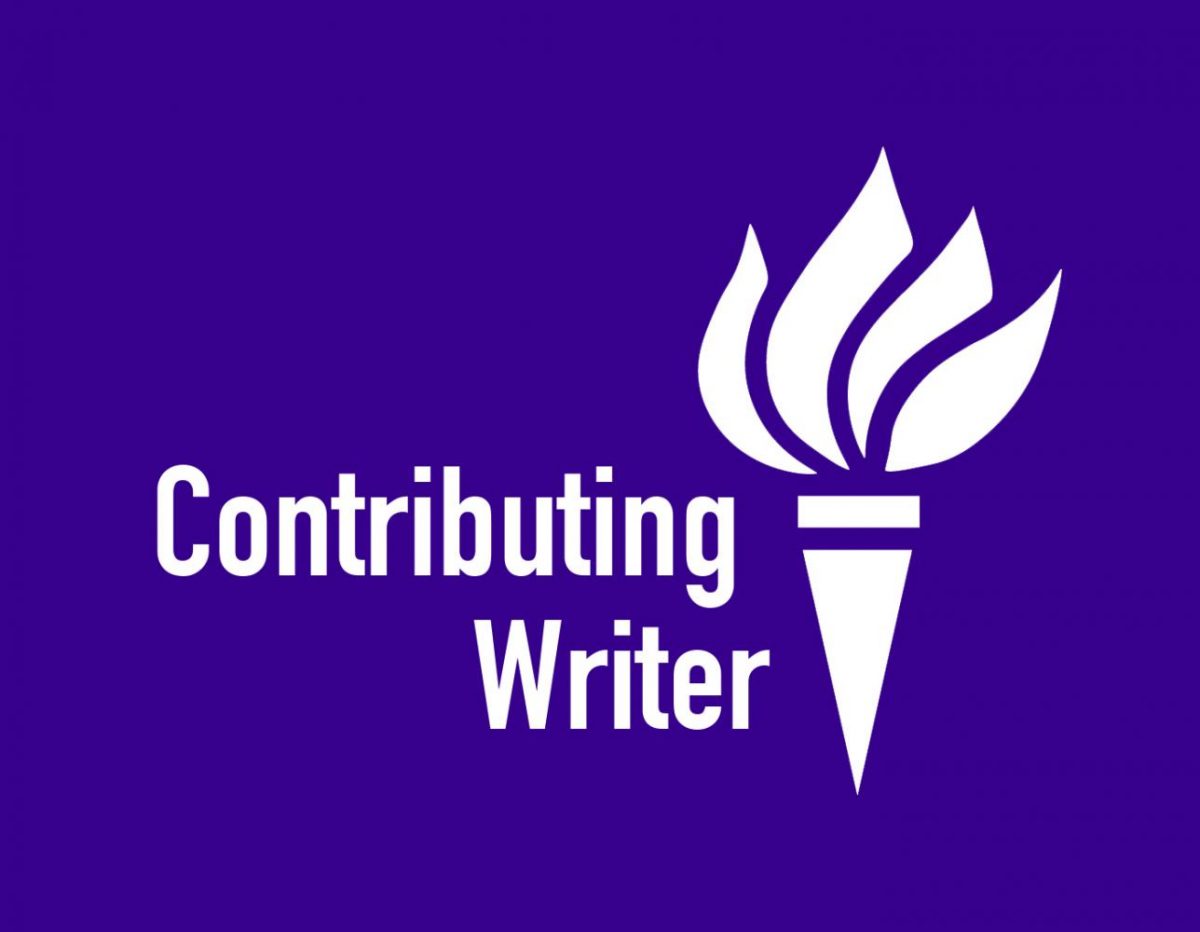We Should Politicize Natural Disasters
September 27, 2017
Politicizing natural disasters is controversial, yet necessary. Natural disasters highlight the shortcomings of governments and elected officials, the failures of society as an influential collective and the deficiency of institutions. Focusing on the hurricanes and storms of Aug. through Sept. 2017 in the United States, Mexico and South America, it is important to emphasize the reactions of their respective leaders and institutions and the implications of those actions.
President Donald Trump’s reaction to Hurricane Harvey and its destruction of Texas emphasizes his lack of interpersonal skills and inadequacy to serve as president. His visit to Texas after Harvey did not include the usual presidential proceedings: the scheduled meetings with those people affected by the hurricane, the advocacy for donations and volunteers, the public and private mourning of victims or the mere mention of the hurricane’s victims. Rather, Trump rambled on about Harvey’s magnificent size and capacity, marveled at the size of the gathering before him, congratulated himself and Federal Emergency Management Agency’s efforts and vaguely reassured the people of Texas by boasting that great aid was on its way.
Moreover, Harvey illustrated the flaws of FEMA’s preparation for natural disasters. FEMA auctioned more than 100 of its already lacking supply of disaster trailers, and officials justified the sale by claiming that these trailers were damaged and unfit to house people. Disregarding the impending disaster, FEMA inexplicably prioritized the sale of minimally damaged trailers over preparing for Harvey. This reaction necessitates the politicization of natural disasters as they are not only events, but they represent our government and its priorities.
While Trump’s response to Harvey was inadequate, his lack of a response to Hurricane Katia and the magnitude 8.1 earthquake that devastated Mexico proved to be just as detrimental as his superficial statement in Texas. Despite Trump’s Twitter rant on Mexico and President Enrique Pena Nieto, Mexico offered, and later rescinded, aid for victims of Harvey in Texas. While Mexico’s Foreign Ministry claims that the aid was retracted to use it to help Mexican families and communities in the wake of the natural disasters that ravaged Mexico, Trump remained silent as an ally of the U.S. suffered. His silence, coupled with his numerous Twitter attacks and past remarks during his campaign and presidency, further proves his inadequacy in responding to natural disasters. In contrast to Trump’s behavior, the Mexican government continued to offer its solidarity with all the Americans affected by Hurricanes Harvey and Irma. Trump’s Twitter hostility continued as Hurricane Maria destroyed Puerto Rico. He, instead, turned his animosity on National Football League players for their decision to protest by kneeling during the national anthem, ignoring the 3.4 million Americans in Puerto Rico.
There is a right way and a wrong way to politicize natural disasters. While some politicians and citizens use natural disasters to promote particular political views, it is crucial to use these events as lenses to accentuate the preceding and following failures of governments. For example, it is inappropriate to take events, such as Hurricane Maria, to show that Puerto Rico should be incorporated as new U.S. state. Nevertheless, as NYU students, it is our duty to politicize natural disasters in a way that holds our government and institutions accountable.
Opinions expressed on the editorial pages are not necessarily those of WSN, and our publication of opinions is not an endorsement of them. Email Paola Nagovitch at [email protected].




























































































































































